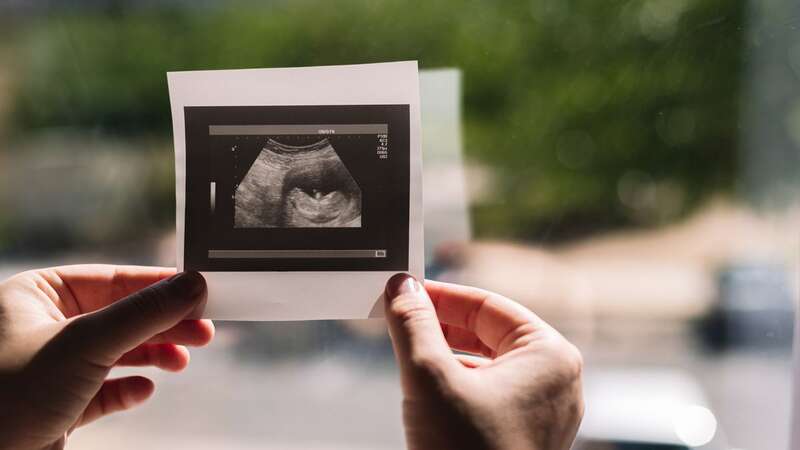
A Jordanian man has stunned medical professionals after he took a pregnancy test and tested positive.
The 42-year-old man visited his family doctor after complaining of severe pain in his left side of his stomach. Further tests were conducted when the medical mystery was discovered, bewildering doctors and staff as reported by The Jerusalem Post.
Jordanian histopathology expert, Dr. Hussam Abu Farsakh shared the case with Al-Arabiya. He stated: ""A 42-year-old man experiencing stomach pain tested positive on a pregnancy test, which came as a complete surprise to the entire clinic."
Determined to find the answer for the inexplicable test results, Farsakh sought more tests for the patient to undergo which eventually revealed what had been the cause of the man's pain.
 Doctors were baffled by the positive pregnancy result (Getty Images)
Doctors were baffled by the positive pregnancy result (Getty Images)It was not a medical phenomenon, though, as it was discovered that the patient was secreting pregnancy hormones due to a tumour which had metastasised to the liver. It is believed that the man's condition is a rare medical anomaly.
 Pregnant Stacey Solomon brands herself an 'old fogy' over NYE plans with Joe
Pregnant Stacey Solomon brands herself an 'old fogy' over NYE plans with Joe
Farsakh added: "Following an abdominal CT scan, we obtained multiple tumor samples. Microscopic examination revealed the tumour was secreting pregnancy hormones, leading to the positive pregnancy test."
According to the NHS all pregnancy tests detect the hormone human chorionic gonadotrophin (hCG). This starts to be produced around six days after fertilisation.
During pregnancy, levels of hCG increase exponentially for about 8 to 10 weeks after the last menstrual cycle.
Read more similar news:
Comments:
comments powered by Disqus
































